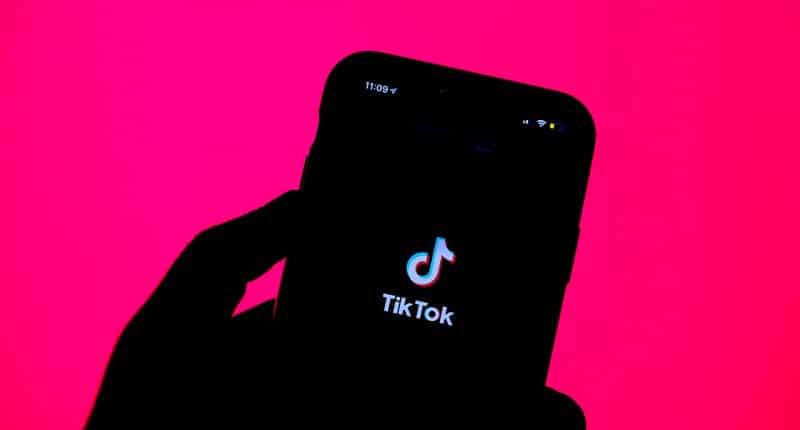The immensely popular short-form video app TikTok, released in 2018 in the US, is now making some final efforts to dodge an imminent US ban. On 16 December, the ByteDance-owned firm urged the US Supreme Court to temporarily halt a federal law – the Protecting Americans from Foreign Adversary Controlled Applications Act – requiring the Chinese owner to sell its video-sharing app or face a nationwide ban. Interestingly, similar pleas were also filed by content creators who use the platform to generate income.
The law, signed by President Joe Biden in April, requires TikTok to be banned unless it’s sold within a year, with a deadline of 19 January following concerns over Chinese government access to user data and the potential to influence content on the platform. However, the video-sharing platform has consistently denied these allegations and claims to be free from the influence of the Chinese government. In fact, TikTok claimed that shutting the app will not just affect 170 million users across the U.S. but also eradicate 7 million businesses and its $24 billion contribution to the country’s economy, annually.
Taking effect on January 19, the law would impose potential fines on app stores that offer TikTok and internet hosting services that support the platform. Earlier this year, a lower federal appeals court upheld the law, giving a win to the Justice Department and bringing TikTok closer to a ban. Though free speech advocates and ByteDance criticized the decision, even the American Civil Liberties Union termed it a ‘flawed and dangerous precedent.’
Trump on TikTok ban
At the same time, the situation continues to be uncertain as President-elect Donald Trump, who once supported the ban, now pledged to ‘save TikTok’ during his election campaign. Trump said his administration would review the matter. Also, in an interesting turn, recent reports reveal that Trump was meeting with TikTok CEO Shou Zi Chew at Mar-a-Lago on Monday.
Along with ByteDance, many others point out that banning TikTok would directly violate the First Amendment rights of millions of Americans, who count on the app to express themselves, earn money, and connect globally. However, it’s also worth noting that U.S.-based platforms such as Facebook, Instagram, WhatsApp, and YouTube are blocked in China, and TikTok is not available in the country either.
The reason behind the across-the-board popularity of TikTok in the U.S. is that the app has transformed into a cultural powerhouse, with a mix of young and Gen Z audiences using it for news, learning, marketing and advertising, and shopping -beyond just video sharing and watching.
In 2020, TikTok was banned in India due to escalating tensions between the country and China. The app had 200 million users in India when the ban was imposed and remains prohibited in the country to this day
The Tech Portal is published by Blue Box Media Private Limited. Our investors have no influence over our reporting. Read our full Ownership and Funding Disclosure →






